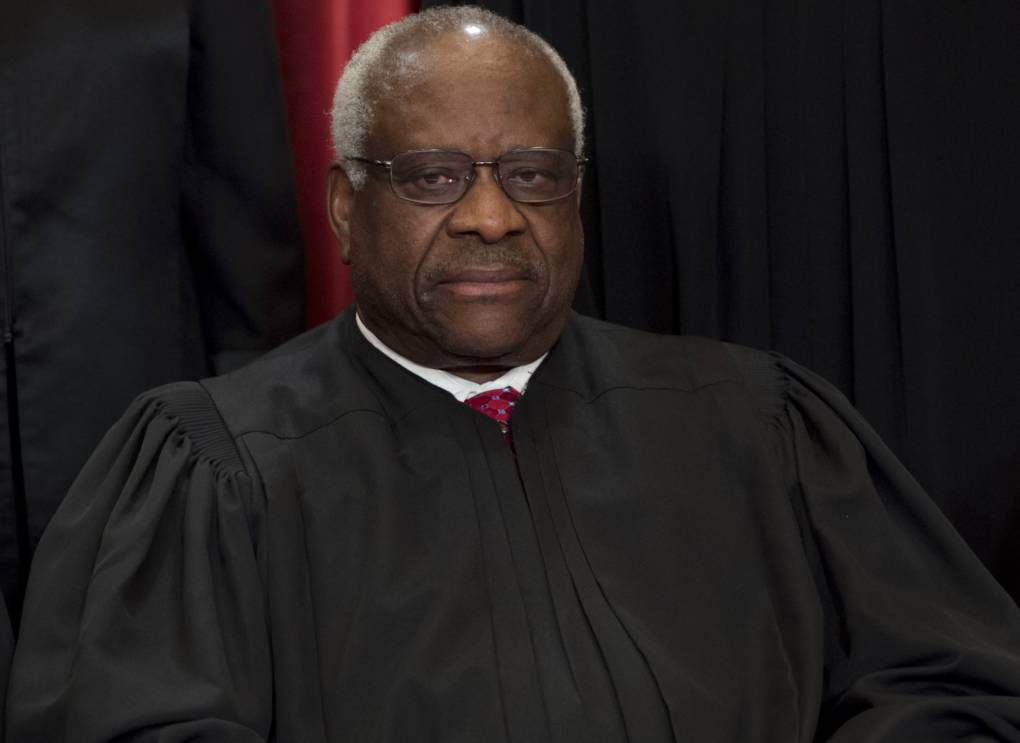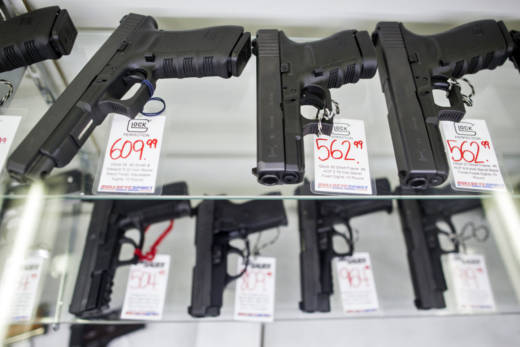The district court said the state failed to show that the waiting period was too broad to serve an important government interest -- specifically finding that the state failed to show that the cooling-off requirement was actually effective in deterring gun violence.
A unanimous three-judge panel of the 9th U.S. Circuit Court of Appeals overturned the lower court's decision, ruling that the 10-day waiting period was "a reasonable precaution for the purchase of a second or third weapon, as well as for a first purchase."
"This case was really about whether or not it was even rational to have a waiting period that extended beyond the background check up to 10 days or even more in some cases," said Brandon Combs, executive director of the Calguns Foundation.
"The trial court found based on the [California] Department of Justice's own testimony that most background checks for existing gun owners who don't have any criminal history or problems are instantly approved or nearly instantly approved, and certainly done well before the end of the 10-day waiting period," Combs said. "So the trial court said, 'Hey, you know they passed the background check and they already have a gun, there's no rationale to prevent them from taking possession of the property.' "
Hannah Shearer, staff attorney at the Giffords Law Center to Prevent Gun Violence, said the original lawsuit and subsequent challenges "were efforts by extremists to push an extremely expansive version of the Second Amendment."
"The particular people challenging the waiting-period law were gun owners who already had one firearm and they were objecting to having to wait to get additional firearms," Shearer said. "And in that case, it’s clear that their right to self-defense is hardly burdened -- because they already have one gun. It’s not exactly surprising that even the conservative justices thought this isn’t that big of a deal, it’s not a burden on people’s Second Amendment right to self-defense."
In his dissent Tuesday, Thomas dwelled on what he called the appeals panel's "dismissive treatment" of the Second Amendment claims in the case. He criticized the 9th Circuit, which includes 41 judges and handles appeals for California and eight other Western states, for allegedly applying less stringent standards when weighing other rights.
The Ninth Circuit struck down a county’s 5-day waiting period for nude-dancing licenses because it “unreasonably prevent[ed] a dancer from exercising first amendment rights while an application [was] pending.” The Ninth Circuit found it dispositive there, but not here, that the county “failed to demonstrate a need for [the] five-day delay period.” In another case, the Ninth Circuit held that laws embracing traditional marriage failed heightened scrutiny because the states presented “no evidence” other than “speculation and conclusory assertions” to support them. While those laws reflected the wisdom of “thousands of years of human history in every society known to have populated the planet,” they faced a much tougher time in the Ninth Circuit than California’s new and unusual waiting period for firearms. In the Ninth Circuit, it seems, rights that have no basis in the Constitution receive greater protection than the Second Amendment, which is enumerated in the text.
Thomas concluded by noting that the court has agreed during its current term to hear five First Amendment cases and several others involving the Fourth Amendment. Under court rules, four of the nine justices must vote to accept a case and grant a writ of certiorari.
"If this case involved one of the Court’s more favored rights, I sincerely doubt we would have denied certiorari," Thomas wrote. "I suspect that four members of this court would vote to review a 10-day waiting period for abortions, notwithstanding a state’s purported interest in creating a 'cooling off' period."
The Supreme Court also declined to hear a second California firearms case, involving a National Rifle Association challenge to the state's $19 fee for sales and transfers of guns.
The Giffords Center's Shearer called the state's fee "really modest."
"By denying review in this case, the court was signaling that it doesn’t see such a minor fee as being a Second Amendment problem," she said. "Both of these challenges are objecting to pretty reasonable regulations that don’t affect people’s core right to defend themselves in their home."
Combs, of the Calguns Foundation, said, "It was disappointing that the Supreme Court didn't right a wrong" by hearing the fee case.


